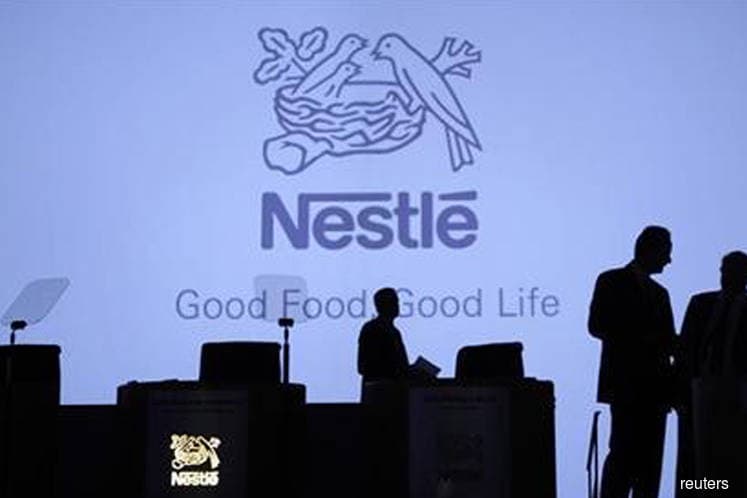
This article first appeared in The Edge Financial Daily on June 29, 2018
KUALA LUMPUR: The Roundtable on Sustainable Palm Oil (RSPO) suspended the membership of food and drink giant Nestlé SA on Wednesday, following breaches of the group’s statutes and code of conduct.
In an announcement on its website, RSPO said Nestlé had failed to submit its annual communication on progress (ACOP) report for 2016, and while it had submitted its ACOP report for 2017, the submission was without a time-bound plan. Under RSPO’s code of conduct, members have to specify in the ACOP steps taken the previous year, as well as steps intended for the coming year and for the long term — in the form of a time-bound plan — on working towards producing or buying certified sustainable palm oil (CSPO).
“Nestlé was given the opportunity to complete its ACOP report for 2017 through active engagement, and has declined to submit a time-bound plan,” RSPO said, adding Nestlé also has an unpaid overdue membership fee of €2,000 (RM9,375).
Following the suspension, Nestlé’s voting rights at RSPO general assemblies have been revoked, and it cannot continue to be a member of any task force or working group in RSPO. It also cannot claim membership and use of CSPO. The membership suspension will also result in the suspension of RSPO supply chain certification for Nestlé facilities, said RSPO, referring to Nestlé Australia, whose certification is up for renewal in November, and CPUK Bromborough (up for renewal in September 2019).
Nestlé has 30 days from Wednesday to communicate its suspension to its customers. “After this 30-day period, Nestlé certificates will automatically cease to be valid and trading of CSPO will no longer be available via PalmTrace,” RSPO added.
Nestlé has until July 20 to fully comply and commit to the RSPO’s regulations and code of conduct. Failure to comply will result in the termination of its membership.
On its website, Nestlé claims that 58% of the palm oil it bought in 2017 was responsibly sourced, with 48% of its palm oil bought that same year traceable to its source.
“The Nestlé Responsible Sourcing Guideline makes explicit provisions for the protection of peatland and high-carbon stock land, which are critical in combating deforestation, and for preventing social conflict arising from potential disputes over land rights and land acquisition,” it said.
In 2010, Nestlé found itself in hot waters after Greenpeace claimed it had sourced palm oil from Sinar Mas, an Indonesian firm accused of illegal deforestation and peatland clearance that were endangering orangutans by encroaching on their habitat. Subsequently, Nestlé announced it would stop buying palm oil from suppliers linked to deforestation. More recently, Nestlé was linked to a large-scale rainforest clearance for palm oil production in Borneo through its joint-venture partner, Indofood.
To date, RSPO has terminated 13 members and suspended 11 others, mostly palm oil processors and traders. Most RSPO certified palm oil comes from Indonesia (51%), followed by Malaysia (42%).